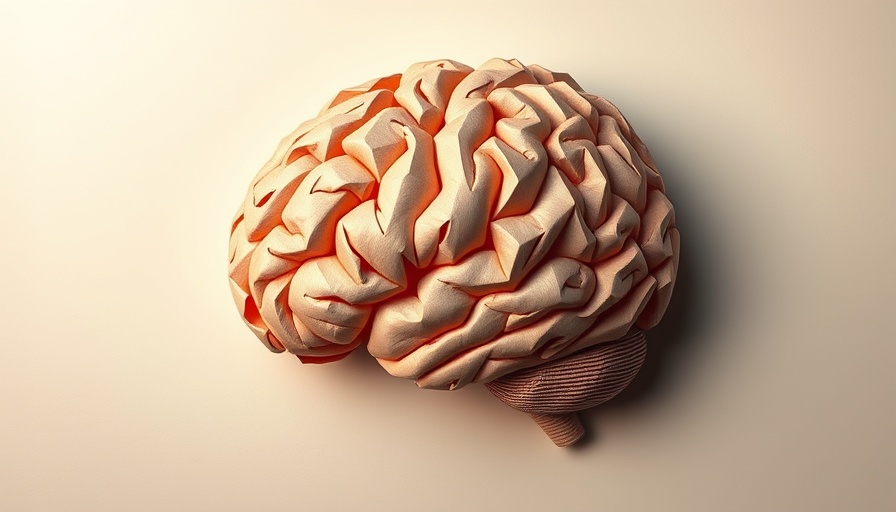
Understanding Emotional Inhibition in Musicians
For many musicians, expressing emotion through their art can be a double-edged sword, especially in the demanding world of performance. Emotional inhibition, particularly among harp musicians, can lead to a complex interplay between physical strain and psychological wellbeing. Parents of young musicians should recognize the importance of balancing emotional expression with mental health and physical strain, paving the way for a more holistic musical journey.
The Psychological Toll of Performance
The pressure to perform at high levels can often lead to anxiety and stress, particularly in young musicians who may carry the weight of expectations from themselves and their families. Psychological research shows that emotional inhibition can result in significant mental health issues, such as anxiety disorders or depression. Parents should encourage their children to cultivate a supportive environment that normalizes discussions around emotions. By fostering communication, young musicians can learn to navigate their feelings in a healthy way.
The Link Between Pain and Posture
Many harpists suffer from physical strain due to incorrect posture and repetitive motions. This strain can manifest not only as physical pain but also as emotional distress, creating a vicious cycle. For instance, a harpist who feels discomfort may subconsciously inhibit their emotional expression during performances, leading to increased mental strain. Educating young musicians about the importance of proper posture and potentially integrating practices like the Alexander Technique could reduce physical discomfort and promote a healthier emotional state.
Holistic Approaches to Well-Being
As parents, introducing holistic health approaches can significantly enhance a musician's performance and mental state. Exploring options like acupuncture, therapeutic massage therapy, and herbal remedies can help alleviate physical pain while also addressing mental health. Many practitioners in the alternative medicine space offer integrative solutions tailored to musicians, focusing on a blend of traditional and contemporary healing practices.
The Role of Alternative Medicine
Alternative medicine encompasses various practices like homeopathy, naturopathy, and energy healing therapies. Consider incorporating natural remedies, such as herbal supplements tailored for stress relief, to support your child's performance and overall well-being. Many families have found great success with these complementary approaches that harmonize mind and body.
Encouraging Emotional Expression Through Music
Musicians thrive when they can translate their emotions into their craft. Open conversations about emotional experiences can facilitate personal growth. In the family dynamic, where emotions can often be difficult to discuss, parents should strive to create an environment where artistic expression is encouraged without judgment. This approach will foster emotional resilience, helping young musicians thrive not only in their music but in their everyday lives.
Insights into Pain Management for Musicians
Chronic pain management is crucial for the long-term sustainability of a musician's career. Awareness of therapies such as chiropractic care, reflexology, and stress relief practices can provide immediate and long-term benefits. Parents can help their children reclaim agency over their bodily discomfort, making informed choices about their wellbeing.
Conclusion: The Path to Holistic Healing
As we explore the intersection of music, physical well-being, and emotional health, it is vital for parents to implement a well-rounded strategy to support their young musicians. From encouraging healthy posture to exploring alternative medicine options, the journey towards a balanced musical life encompasses more than just notes on a page.
If your child is struggling with emotional expression or physical pain in their musical journey, consider reaching out to holistic practitioners or integrating alternative therapies into their routine. The path to healing and performance excellence can often lie in solutions that embrace the complexities of both mind and body.
 Add Row
Add Row  Add
Add 




Write A Comment